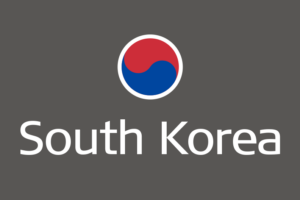South Korea Expands Parental Leave: What HR Executives Need to Know in 2025
 South Korea recently implemented extensive expansions to its parental leave policies, aiming to address its critically low birth rate and promote gender equality in childcare responsibilities. Here’s what you need to know about how South Korea expanded parental leave and the steps your organization should take.
South Korea recently implemented extensive expansions to its parental leave policies, aiming to address its critically low birth rate and promote gender equality in childcare responsibilities. Here’s what you need to know about how South Korea expanded parental leave and the steps your organization should take.
Key Changes Effective January 1, 2025
- Increased benefit cap – The upper limit for parental leave benefits has risen from 1.5 million won to 2.5 million won ($1,740) monthly.
- Full benefit payment – The previous system of withholding 25% of benefits until the employee’s return to work has been scrapped. Parents now receive the full benefit during their leave period.
- Automatic approval – If employers don’t respond to leave requests within 14 days, the leave will be automatically approved.
Additional Changes Effective February 23, 2025
- Extended leave periods – Couples who both take parental leave will have their periods extended to 18 months each, divided into four segments.
- Increased paternity leave – Fathers can now take up to 20 days of paid paternity leave within 120 days of the child’s birth.
- Flexible working hours – Employees can request reduced working hours to care for children up to age 12 or in sixth grade.
Action Steps for HR Executives
- Immediate Actions
- Review and update your company’s parental leave policies to align with the new regulations.
- Prepare to increase the upper limit for parental leave benefits.
- Update leave application processes to allow simultaneous applications for parental leave and maternity/paternity leave.
- Long-term Planning
- Set targets to increase the percentage of fathers taking parental leave. The South Korean government aims for 70% by 2030.
- Consider implementing programs to support employees returning from parental leave to improve retention rates.
- Stay informed about potential future changes as the government continues to address the low birth rate issue.
Remember, staying ahead of these changes not only ensures legal compliance but also positions your company as a supportive and family-friendly employer in the competitive South Korean job market.
If you need support with employee benefits in South Korea, please contact us, and we will put you in touch with our local benefits experts at Capacity.
